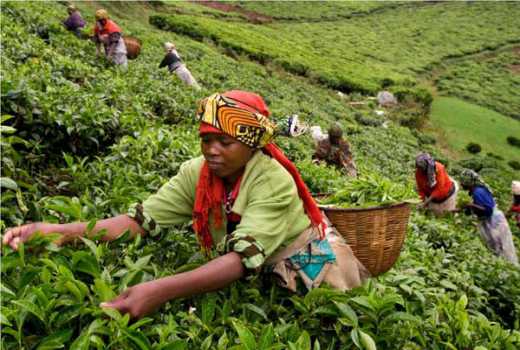×
The Standard e-Paper
Smart Minds Choose Us

Growers of export crops can learn from the continued successes achieved by tea farmers and exporters over the years.
Last year (2017), tea farmers earned Sh129 billion despite a drop in volumes caused by a prolonged drought.